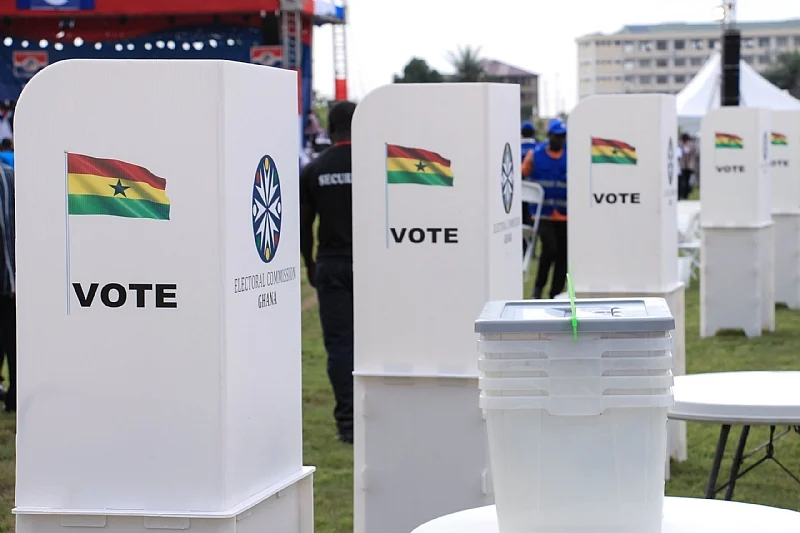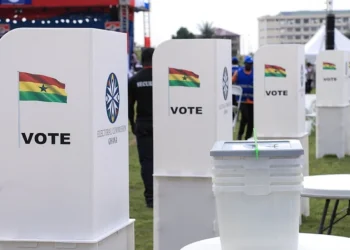In recent times, political actors in Ghana have strategically utilized false information and deceptive tactics to achieve their political objectives. This misinformation and disinformation take many forms, such as fake news, conspiracy theories, and propaganda and are spread through various media platforms.
This trend has become increasingly prevalent in the country’s political landscape, with politicians weaponizing misinformation to sway voters and gain power.
By exploiting the prevalence of false narratives and fabricated stories, political actors have been able to deceive the public and push their narratives. This manipulation of information has allowed politicians to control the narrative and shape public perception to their advantage.
Moreover, the use of misinformation and disinformation has become a powerful tool in the political arena, enabling leaders to sow confusion and distrust among the public. This trend has raised concerns about the integrity of democratic processes and the impact of misinformation on political discourse.
As such, the manipulation of facts and the dissemination of false narratives have become key strategies for politicians seeking to achieve their goals in the current political climate.
As a result, the Ministry of Information (MOI), to encourage transparency and accountability in political communication and to combat the spread of false information, has undertaken a campaign to raise awareness among the Ghanaian populace regarding misinformation and disinformation, particularly in light of the upcoming General Elections scheduled for December 2024.
“Did you know Mis and disinformation can affect elections by creating confusion among voters, influencing their perceptions, or altering their decisions? When people are exposed to false or misleading information regularly, they may become skeptical of any information that comes from institutions of authority as credible sources, even if it is accurate and evidence-based”.
Ministry of Information
The Ministry aims to increase awareness among the Ghanaian population about the negative impacts of false information and deliberate misinformation on the democratic process while urging citizens to critically evaluate the information they encounter and make informed decisions.
Impact On Election And Democracy
Moreover, disinformation and misinformation have a significant impact on elections by manipulating and influencing public opinion as false information spread through various media platforms can create doubt among voters. This leads to a lack of trust in the electoral process and resulting in voters making uninformed decisions or deciding not to participate in the election at all.

As a propaganda tool, disinformation is used to smear a particular candidate or political party, potentially swaying the outcome of an election in favor of the propagandist individual or group.
Additionally, the spread of misinformation leads to the erosion of democratic norms and values, as well as the undermining the credibility of the electoral system. It can also contribute to the polarization of society, as people may become more entrenched in their beliefs based on false information.
Building on the example set by the Ministry of Information, the National Peace Council (NPC) urged the public to refrain from spreading misinformation in order to uphold the principles of democracy and promote peace.
“Let us stand united in defending the principles of democracy, promoting transparency, and empowering the electorate with accurate information. It is only by doing so can we ensure that Ghana’s 2024 election is a true reflection of the will of the people”.
Rev. Dr. Ernest Adu-Gyamfi, Chairman-NPC
The NPC admonished Ghanaians to promote a culture of truth and accuracy to safeguard the integrity of democratic processes while it stressed the significance of reliable information in maintaining transparency and accountability in society.
Therefore, it has become imperative to be vigilant and critical when consuming information, verifying sources, and fact-checking before sharing information to help combat the spread of false information to protect Ghana’s democracy.
As such, the government, organizations, and individuals all have a role to play in combating misinformation and disinformation, by promoting media literacy, transparency, and accountability in information dissemination.
READ ALSO: Startup Takoradi 2024, Nurturing Innovation for Sustainable Futures





















